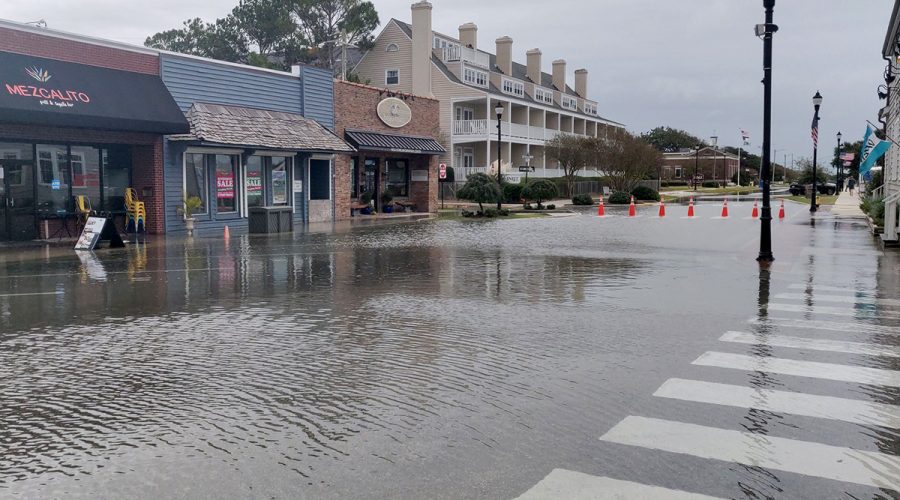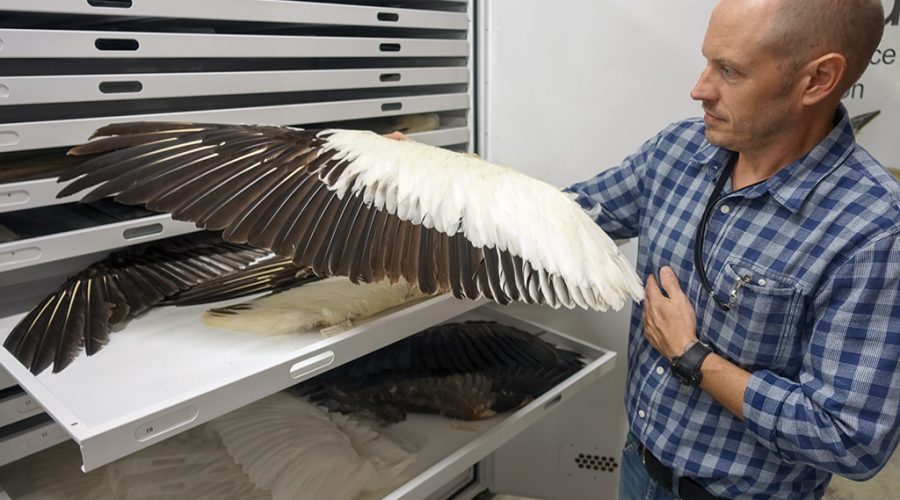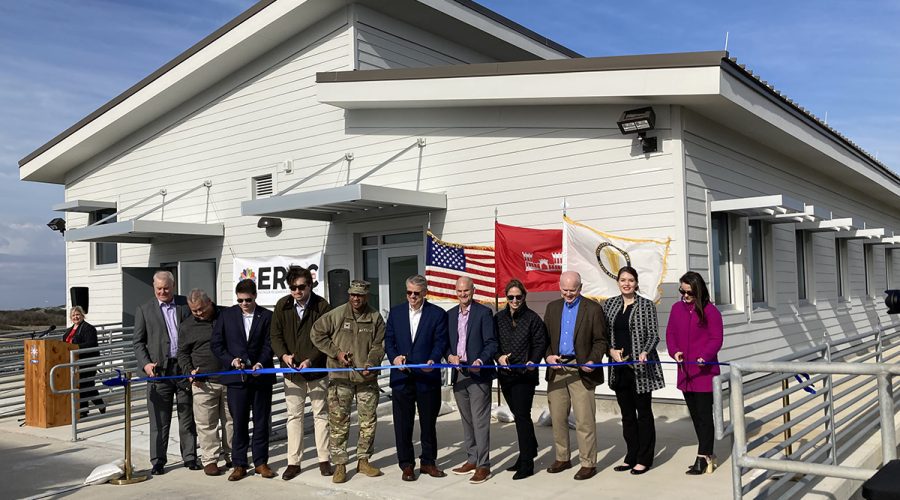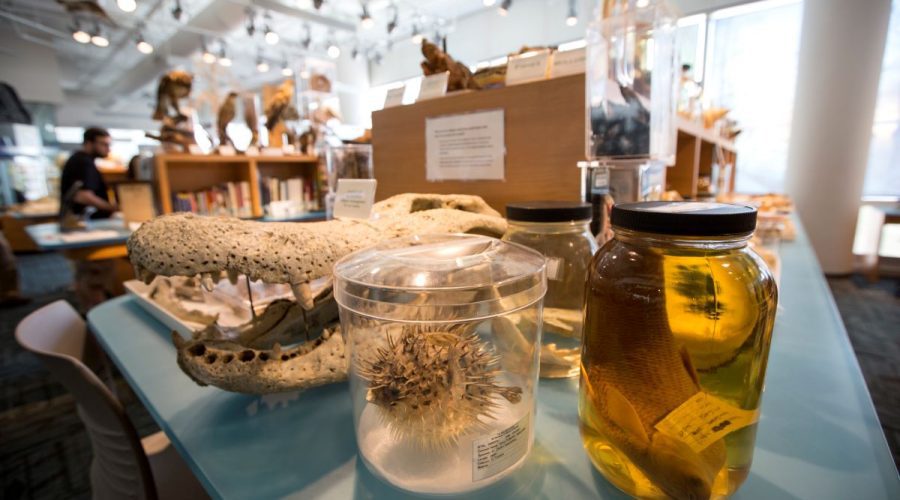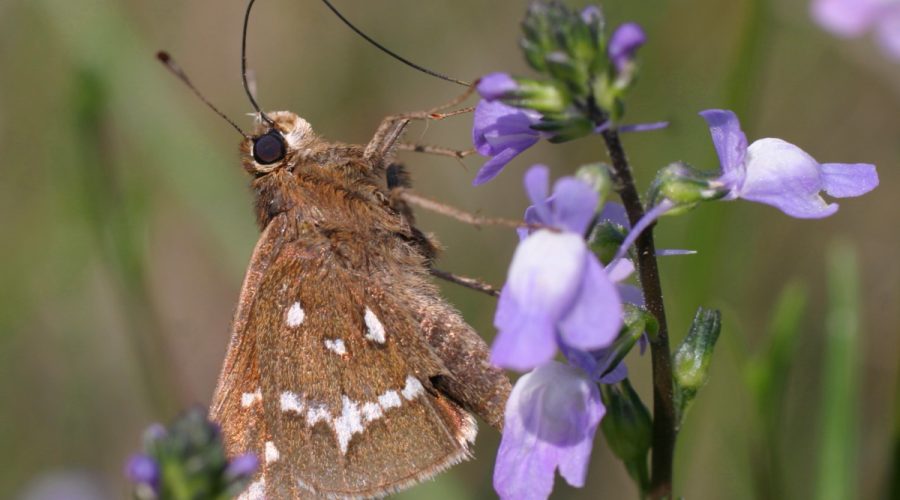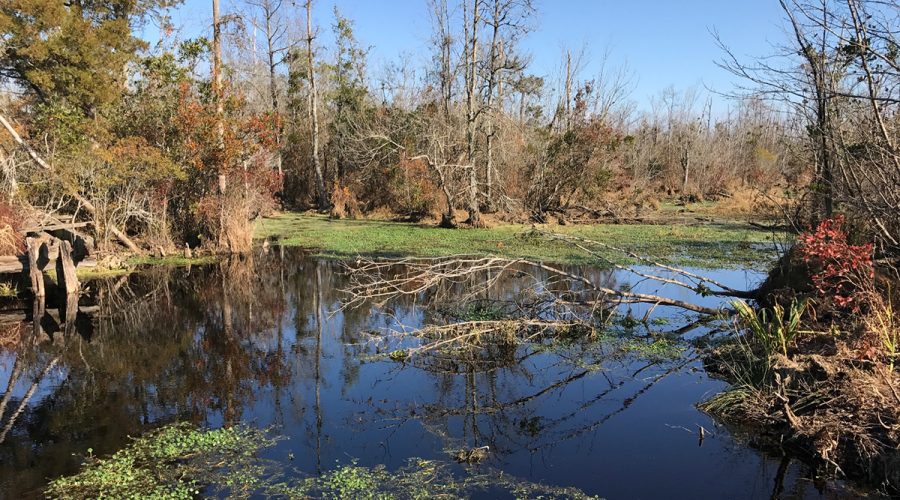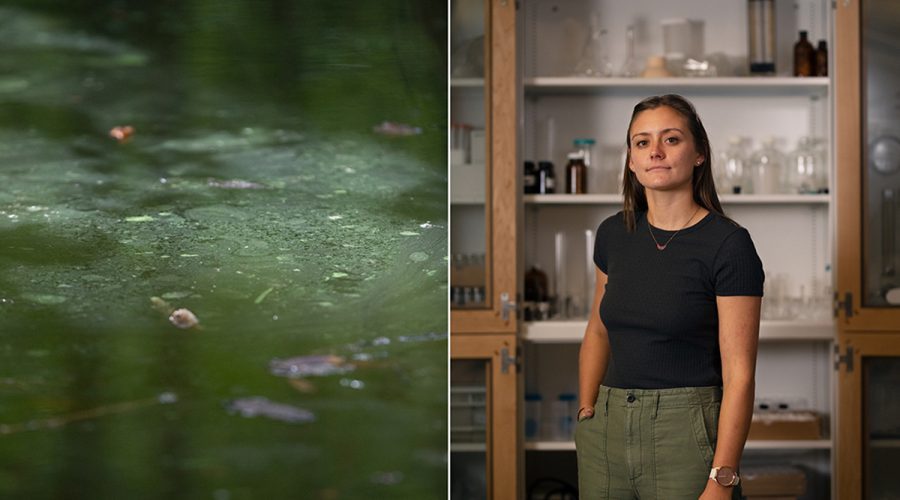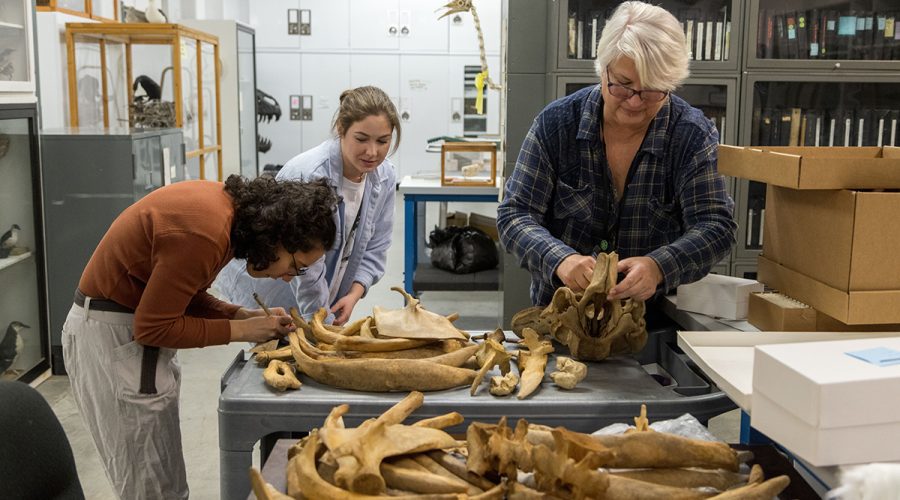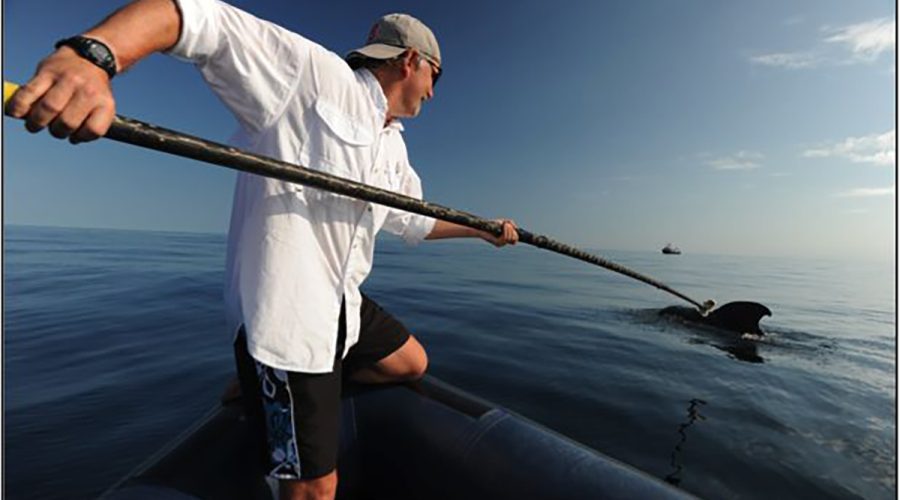A recent Duke University analysis finds that state emergency management departments are underestimating the growing threat of excessive heat as the climate changes.
science
Flooding study reveals factors NOAA forecasts don’t include
Researchers with the Sunny Day Flooding Project used Beaufort’s Front Street as a case study to test a new, real-time sensor framework for detecting and measuring coastal flooding.
Research on migratory shorebirds a ‘massive effort’
Brian O’Shea, ornithology collection manager for N.C. Museum of Natural Sciences, said the research network on long-distance migratory shorebirds, many of which we see on the N.C. coast, encompasses the entire Western Hemisphere.
‘Cutting edge of coastal science’: Institute marks 10th year
The Coastal Studies Institute chose Saturday, Earth Day, to celebrate a decade on the East Carolina University Outer Banks Campus with an open house.
Women mark STEM milestone at Corps research facility
Women comprise half the science and engineering staff at the Coastal and Hydraulics Laboratory at the Army Corps of Engineers’ Field Research Facility, or Duck Pier, which now features a lactation room.
Museum’s ‘Ask a Naturalist’ takes nature-based questions
The N.C. Museum of Natural Sciences program connects anyone anywhere who has a question about nature with specialists who have the answers.
Groups fund NC butterfly conservation, coastal restoration
The National Science Foundation and Paul G. Allen Family Foundation announced six awards for conservation science and action on behalf of key species and ecosystems, including two North Carolina projects.
Climate change making allergy season longer, worse: Study
Bad news for the sniffly: A new report finds that as warmer temperatures increase the length of growing season, plants are releasing pollen and mold spores for a longer period of time.
Cape Fear Audubon seeks volunteers for NC Bird Atlas
Wildlife Resources officials will be in Wilmington March 14 to explain how to record field observations for the statewide North Carolina Bird Atlas.
Searching for Lawson in London’s Natural History Museum
Historian David Cecelski recounts his visit to the Natural History Museum in London, which holds the specimens of coastal North Carolina flora that John Lawson sent to English naturalist James Petiver in the early 1700s.
NC peat holds carbon market promise, but process complex
North Carolina’s 250,000 acres of privately owned peatland could be the ticket to tapping into the $2 billion voluntary carbon trading market, but the steps ahead are rigorous and expensive.
Wording matters when talking about climate change: Study
The public’s perception of certain terms and phrases can influence how they perceive and respond to information about climate change, according to new research.
Algal bloom research effort a community collaboration
UNC researcher Haley Plaas has partnered with the Chowan Edenton Environmental Group see if harmful algal blooms correlate with poor air quality.
To move a manatee: Museum catalogs skeletal specimen
Getting an 800-pound manatee that stranded in 2021 in Kill Devil Hills to the North Carolina Museum of Natural Sciences in Raleigh, where its bones are being catalogued for researchers, took a lot of collaboration — and dirty work.
NC coast a perfect lab for whale researcher Andy Read
Duke University marine biology professor and Duke Marine Lab Director Andy Read, who has studied marine mammals worldwide, says the diversity of marine species here is crucial to his work.
Researchers to evaluate why some seagrasses adapt better
University of North Carolina Wilmington researchers Jessie Jarvis and Stephanie Kamel recently received a grant to study seagrass resilience to help reverse the course of declining underwater meadows.


